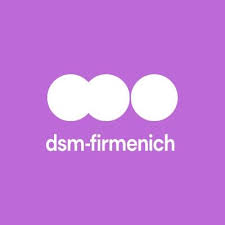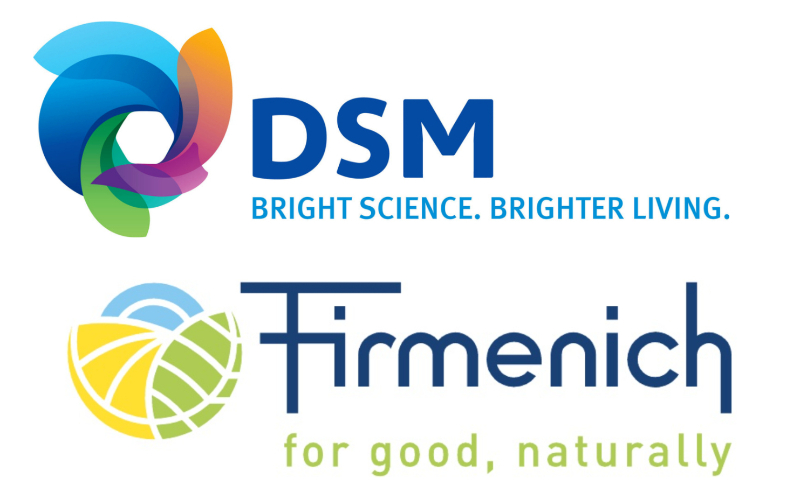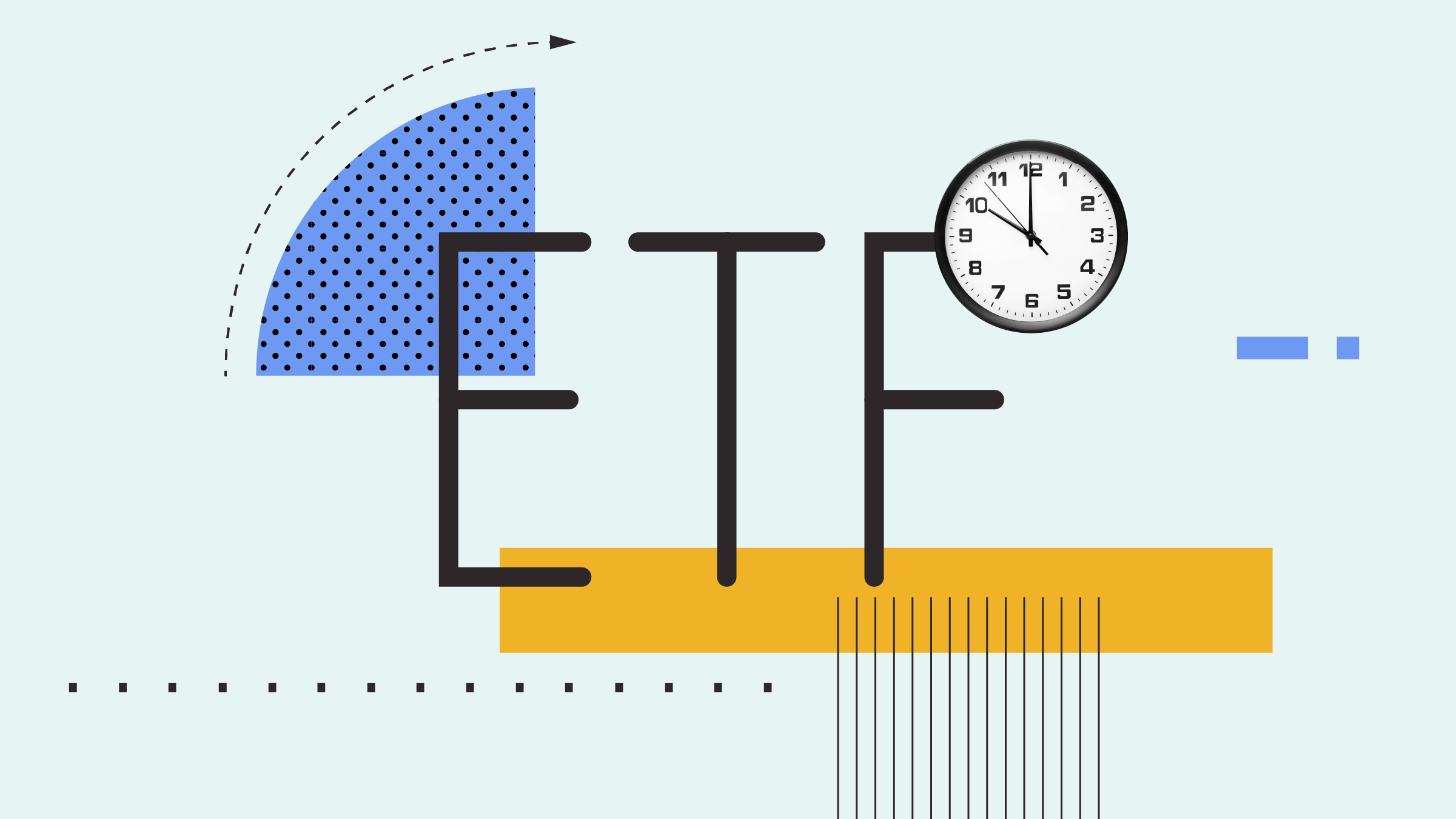INVESTMENT THESIS![]()
DSM's three-year EUR 2.8 billion spending spree is winding down, and the company will need to turn its focus toward driving organic growth and improving efficiency. DSM's nutrition segment should continue to produce steady and relatively high margins over the medium term. We expect headwinds in the materials business to persist over the next year with the combination of still-high benzene/ammonia prices and weak demand for synthetic fibers contributing to weak caprolactam margins.
The nutrition business produces ingredients, formulations, and premixes used in both human and animal nutrition and health products. Major customers include consumer goods companies like Nestle, Coca-Cola, and Unilever. Over the last decade, DSM has strategically shifted its nutrition portfolio from commodified active ingredients like vitamins, enzymes, and yeasts toward higher-margin formulations and premixes like concentrates and supplements (for example, DHA Omega-3). The result has been improved segment EBITDA margins that have ranged between 20% and 23% since 2008. DSM aims to maintain that range through 2015, the low end of which we consider achievable given the limited competition and steady demand for nutrition ingredients at present.
The major end markets for the materials business are highly cyclical, such as automotive, construction, and textiles. Consequently, the materials business results can be very volatile, as has been the case in recent years. That said, DSM has a number of valuable brands in the materials business--most notably Dyneema, which is a high-strength synthetic fiber that competes with DuPont's Kevlar. Among Dyneema's uses are in industrial ropes and lines, life protection (for example, personal and vehicle armor), and fishing nets.
VALUATION
| Economic Moat | Fair value | Stewardship Rating |  |
||||
| None | EUR 47.00 | Standard | |||||
| Moat Trend | Uncertainty | Sector | |||||
| Stable | High |
Basismaterialen - chemie |
|||||
BULLS
- DSM's Nutrition segment should continue to produce steady, 20%-plus margins and benefit from megatrends like increased global food demand and dietary changes due to urbanization and economic prosperity in emerging markets.
- A rebound in developed-market industrial production will be a tailwind for DSM's materials business.
- DSM's aggressive push into emerging markets will be supported by high economic growth in those regions, especially in China. Further, increasingly strict regulations on food and pharmaceutical ingredients should serve reputable firms like DSM quite well.
BEARS
- Growing competition in the food and personal care ingredients business will lead to lower margins for DSM's nutrition segment.
- Emerging market growth will slow in the medium term, reducing top- and bottom-line growth potential for DSM.
- DSM generates the majority of its revenue from European sources. Continued economic weakness in the region will dampen profits over the medium term.
___________________________________________________________________
Aanbevolen Aandelen Overzicht >
20 Tips voor het beleggen in aandelen >
Meer weten over de methodologie achter Morningstar's beoordeling en waardering van ondernemingen en aandelen?
Hoe Morningstar aandelen onderzoekt en waardeert
Morningstar's sterrenrating voor aandelen
Vragen en antwoorden bij Morningstar's aandelenonderzoek
Het uitgebreide researchrapport van dit aandeel is beschikbaar voor institutionele beleggers, vermogensbeheerders en private bankers. Voor meer informatie over de ruim 1500 wereldwijde aandelen- en creditresearchrapporten kunt u contact opnemen met Morningstar via equitysales@morningstar.com.





















